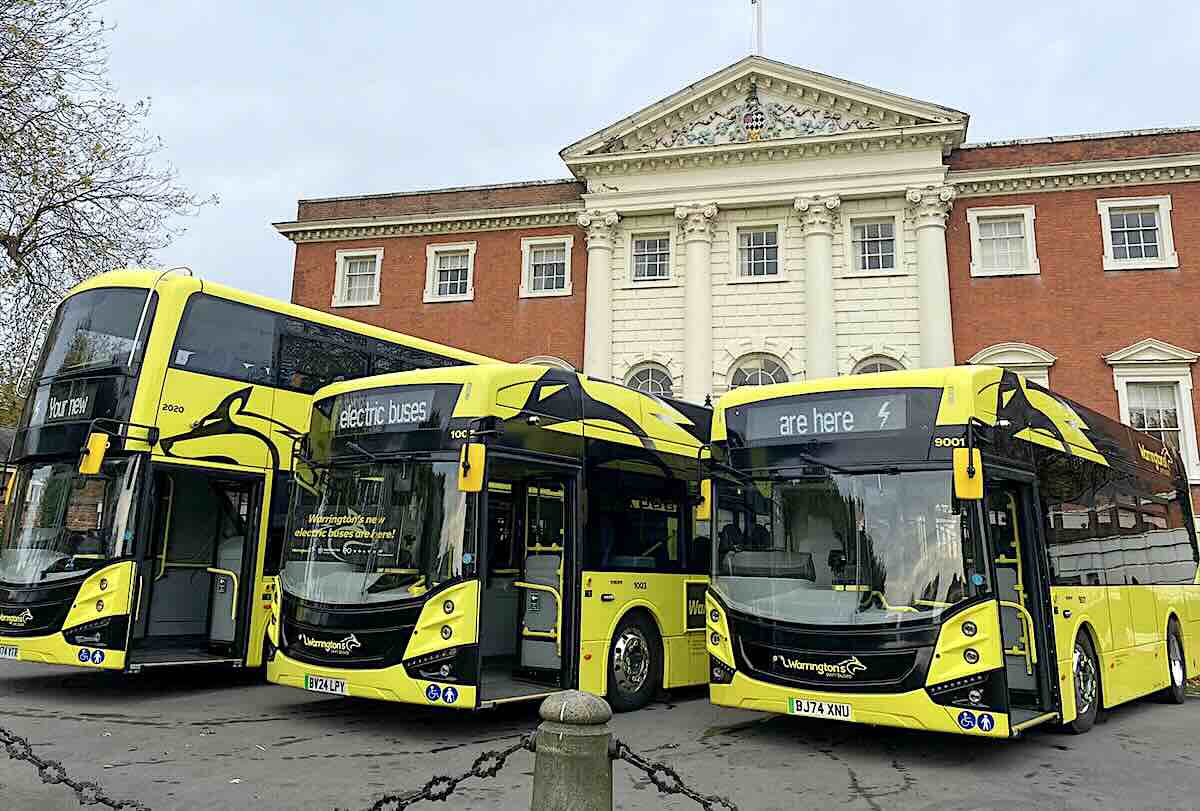Spending on net zero is now so endemic in government that it would be impossible to track it all down. [emphasis, links added]
Waste in government is, of course, rampant, but when it comes to climate change, it seems a case of anything goes, with no apparent budgetary control imposed.
Just one comparatively minor example gives us a clue that the bill is much bigger than anybody could imagine.
Last year, Warrington Borough Council announced it was replacing its fleet of 105 buses with shiny new electric ones, courtesy of a £20 million government grant.
Small beer, you might say.
But across the country, there are something like 40,000 buses used for public transport services. Multiply that, and it would cost over £7 billion if the government chose to subsidise them all.
They might not do that, of course. In that event, it would be the local councils who would end up footing the bill. Either way, the public ends up paying.
Electric buses are reckoned to cost about £200,000 more than diesel.
Although they are cheaper to run, much of that saving is offset by reduced availability due to long charging times and the cost of building charging infrastructure.
Warrington, for instance, has had to build a new bus depot, at a cost of £10 million, because the old depot had no charging facilities; in addition, the chargers themselves and associated electrical infrastructure will have cost millions more.
In short, if it made financial sense to buy electric buses, local councils would be buying them anyway, without the need for massive subsidies.
Top Photo via Warrington Borough Council website.
Read full post at Conservative Woman




